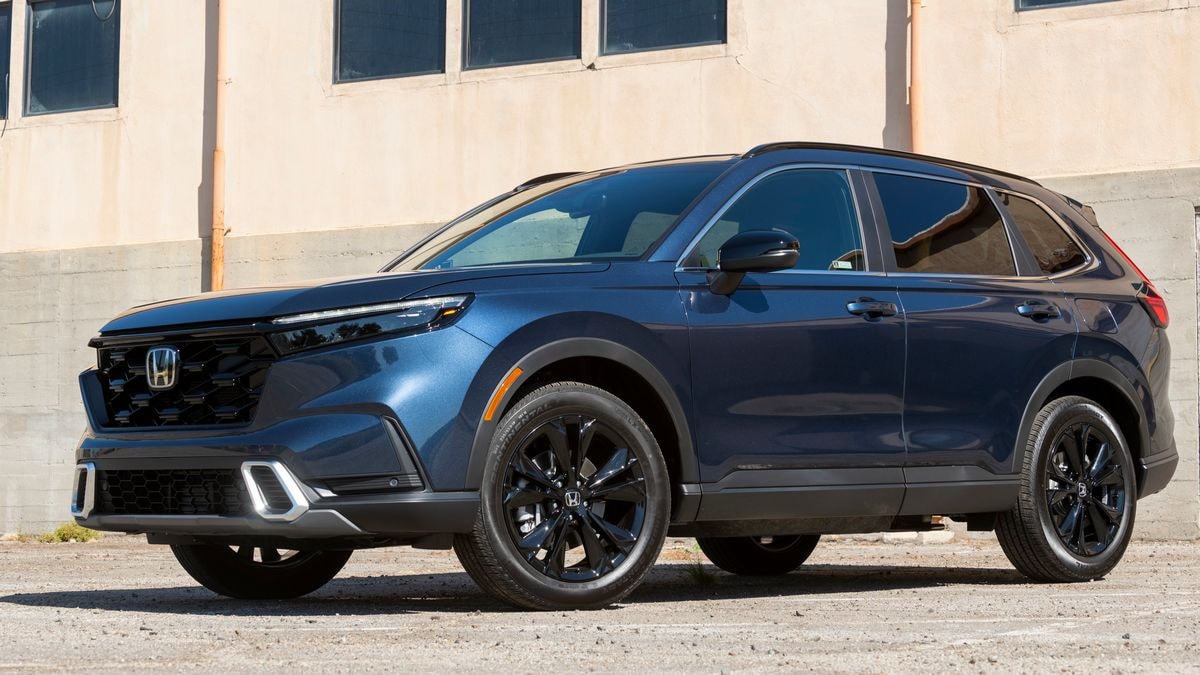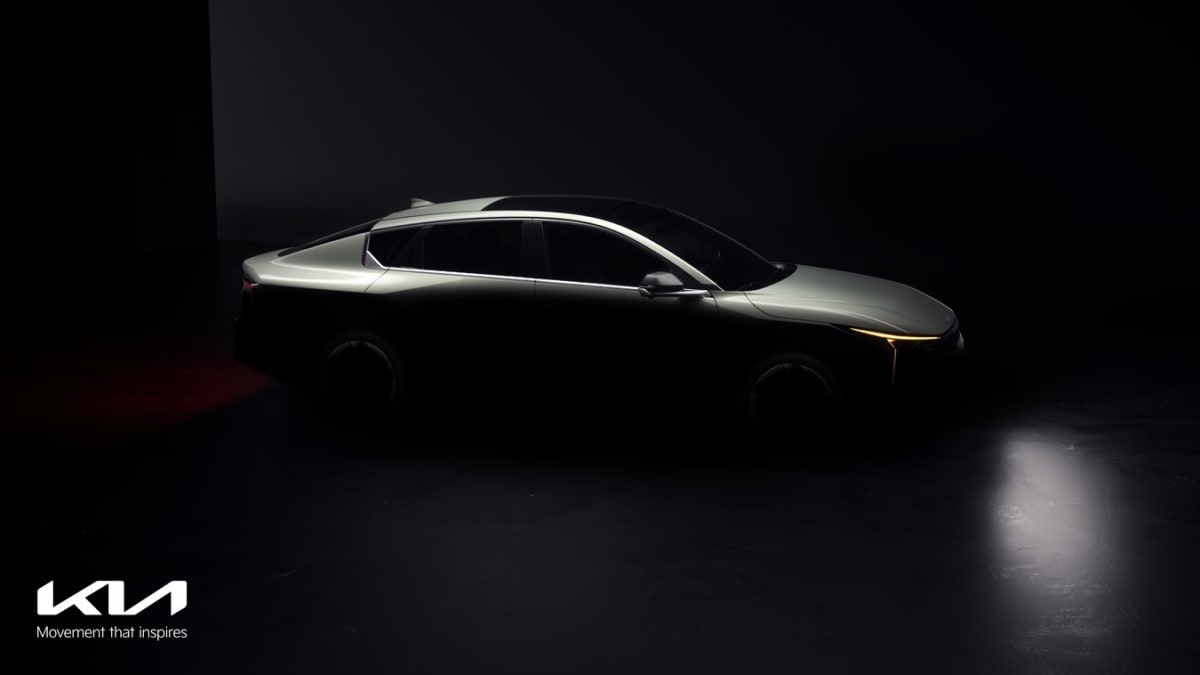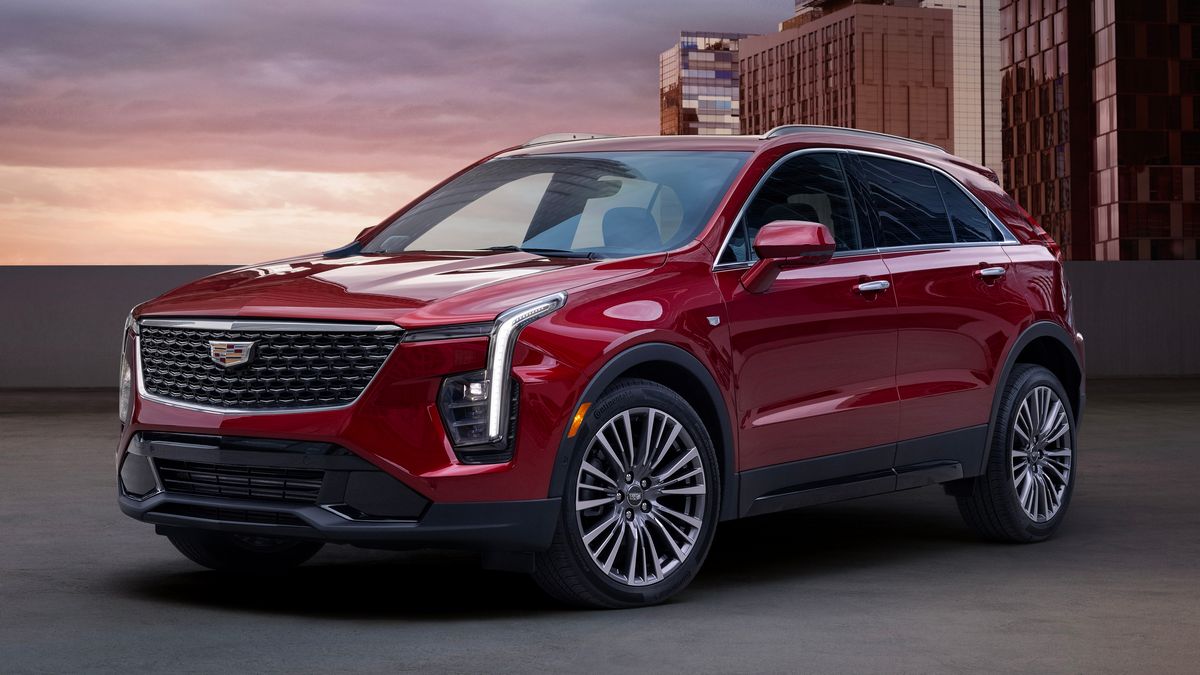Quick Facts About Buying a Car With Bad Credit
- Good and bad credit scores get determined by the most common scoring models — VantageScore and FICO.
- The automotive financing industry uses another rating system called the FICO Auto Score, which uses a scoring range of 250 to 900.
- Car loans for borrowers with bad credit do exist at traditional dealerships.
When your credit score looks less than stellar, it can result in a high-interest, bad-credit car loan. It may also put you in double trouble, requiring you to go to a bad-credit car dealership or one of the so-called “buy here, pay here” outlets. Those used car sales lots act as dealers and lend you money at much higher interest rates.
There’s no getting around it. A bad credit score and a poor credit history can add up to trouble when shopping for a new or used car. What is a good or bad credit score? Let’s take a look.
What Is a Good or Bad Credit Score?
Good and bad credit scores get determined by the most common scoring models — VantageScore and FICO. VantageScore and FICO track your spending and paying habits and rate your creditworthiness accordingly. These scoring models are used by the big three credit reporting agencies: Equifax, TransUnion, and Experian.
VantageScore
VantageScore is a joint venture of Equifax, TransUnion, and Experian. According to Experian, VantageScore weighs things like payment history and a good mix of loans as some of the top influential factors for its scoring system. It considers recent credit behavior, like credit applications, as less influential in its scoring system.
Credit Scale
- Very Poor: 300 to 550
- Poor: 550 to 650
- Fair: 650 to 700
- Good: 700 to 750
- Excellent: 750 to 850
FICO Scoring
FICO is an acronym for Fair Isaac Corporation, a California-based credit analytics firm. Its scores range from “Poor” to “Exceptional” and heavily weighs payment history.
Credit Scale
- Poor: 300 to 579
- Fair: 580 to 669
- Good: 670 to 739
- Very Good: 740 to 799
- Exceptional: 800 to 850
According to Experian, the average FICO score was 715 last year. If your credit score falls below the “Good” level and is affected by factors like debt and paying bills late, getting a good car loan with bad credit may be challenging. But it’s not impossible.
Determining What You Can Afford With Interest
There may be some impossibilities in life, but getting a car loan if you have bad credit doesn’t have to be one of them. Car buyers with bad credit scores manage to get approved for car purchases all the time. It just takes some thoughtful planning to get the loan you want and the car you need.
While cars for bad credit exist at the “buy here, pay here” dealers, traditional car dealerships also offer loans with higher interest rates, and that’s the better option overall. Read on to find out why.
Don’t forget you can also look at a dealership’s used cars.
Getting a car loan with bad credit requires you to remember the following:
- Higher interest rates. Lower credit scores mean higher interest rates.
- It takes time. Bad credit didn’t happen overnight; repairing it takes time and dedication.
- Keep expectations in check. Match your expectations with your credit history.
This last point bears repeating: Keep your expectations in check with your credit history. In other words, it’s not wise to want a foreign-built luxury cruiser when your budget and credit rating align more with purchasing a second-owner domestic model that may be a trim level or two down from the top of the line.
There will be time for that later.
What to Know About Car Loans and Bad Credit
Banks and other lenders are in the business of making money with money. That happens by lending to others and charging interest for using the funds. As with most things in life, relationships with banks and lenders are built on trust. Lenders typically trust prospective buyers with excellent credit ratings and a record of punctuality in paying their bills.
On the other hand, banks don’t trust borrowers with lousy credit nearly as much and hedge their bets by charging much higher interest rates for bad credit car loans. Still, car loans for buyers with bad credit exist at traditional dealerships. Terms on bad credit loans have more restrictions than at the other end of the car loan spectrum. Check your local dealership and inquire about loans by contacting its car finance department.
Buying a car with bad credit can be a path to a better credit score. But it’s best not to make mistakes in picking a more expensive vehicle than you can afford. Such a case of buying more than you can afford can hurt your future financial well-being.
Another thing to consider is that your credit score will likely improve after a year or so of timely payments on your car loan. With your credit score climbing, you may be able to refinance the loan, this time at a lower interest rate, if it makes financial sense.
How to Buy a Car With Bad Credit
- Pay all your bills before they are due. Also, make sure to pay any bills in arrears for your accounts. Payment history is a critical factor in maintaining a good credit score.
- Reduce your debt. Paying down debt improves your financial footing and improves your credit utilization ratio, or how much you currently owe on any credit card, divided by your credit limit. Keep your credit-to-debt ratio below 30% of your available credit.
- Check your credit report for mistakes or fraud. Errors and fraud occur more often than expected, weighing heavily on your scores. If you suspect fraud, immediately contact your lender. Also, it’s a good idea to put a free freeze on your credit at all three agencies to avoid further credit damage.
- Contact a free credit counseling service. These nonprofit credit agency services can help put a plan in place to set you on the right track (as described below).
- Don’t close credit card accounts. Keep your credit card accounts open. It looks better to lenders that you have more credit available that you are not using rather than a bunch of credit cards with maxed-out balances. It also shows that you have discipline, which is desirable in a lender’s eyes.
- Find a co-signer with good credit. A co-signer with good credit on your loan shows that others believe in you, so perhaps the lender should, too. If possible, check with a relative, friend, mentor, or someone else who will stand by you in this time of need. Read our article: Can Two People Put Money Down on a Car?
- Negotiate the price of the car you want. Look for wiggle room in the price of a car. At a dealership, don’t pay a markup or market adjustment. Also, don’t pay extra for things like VIN etching, upholstery protection, floor mats, or a delivery fee beyond the manufacturer’s set destination fee.
- Pay in cash. If your credit rating isn’t good, save up for the car and pay for it in cash.
- Buy what you can afford. Buy a less expensive vehicle so your bank account provides enough reserves for other bills and expenses.
RELATED: The Cheapest New Cars of 2024
How to Get a Car Loan With Bad Credit
The biggest tip for getting the best car loan is knowing how bad your credit may be. Determining your credit score is a good start, and you can obtain it by getting a free credit report.
If you can live without a new or used car in the immediate future, do your best to improve your credit score first.
Consider Free Credit Counseling
Take steps and consider getting assistance from national nonprofit credit counseling agencies like Take Charge America (TCA), a Phoenix-based credit counseling service, or Consumer Credit Counseling Services in Atlanta. These credit counseling agencies offer free and paid services that can help consumers with poor credit by consolidating payments at reduced interest rates. They can help you get back on sound financial footing sooner than if you continue to pay off your debt in a traditional manner.
Improving your credit before buying a car may not be the exact plan because sometimes life gets in the way.
“There are times when it is necessary to buy a car before credit ratings can be improved,” says Michael Sullivan, a personal financial consultant at TCA. “Keeping a job may require it, or a medical condition may make it critical. A consumer with poor credit can often still get credit but needs to be careful.”
Comparing Car Loan Offers and What to Look For
Besides buying a car that fits your needs and means, other factors can help you, especially when comparing offers for car loans. Try these tips.
- Avoid “buy here, pay here” dealerships that are in the business of selling you credit rather than a reliable car. With interest rates as high as 30%, you could be digging yourself into a hole. On top of that, your credit score receives no benefit because it is doubtful these car sales lots ever report your payment history, leaving you with no traceable record of on-time bill paying.
- Purchase your vehicle through a traditional dealership. Traditional dealerships use various lenders offering more reasonable interest rates for car loans. These interest rates may be higher than what someone with exceptional credit will pay, but they will help you build your credit. The loan will help you to improve your credit score, provided you pay the loan on time, as planned.
- Other options, like a credit union, can help. If you enter a dealership with a pre-approved credit union car loan, the dealership will be motivated to beat that interest rate.
- Bring a larger down payment. Try to provide the dealership with as large a down payment as possible. The more you pay upfront, the less you spend on the back end, hopefully at a more favorable interest rate.
How to Check Your Credit Score for Free
Consumers can access their credit reports for free. Credit reports are available online from credit reporting agencies Equifax, TransUnion, and Experian and through AnnualCreditReport.com.
Upon receiving your credit report, check for mistakes and fraud. That wasn’t you requesting a credit card be sent to a United States Post Office box in Sturgis, South Dakota? Or a payment history belonging to John F. Doe found its way into John P. Doe’s credit history?
Once you check your credit history, you will know where you stand before going to a dealership and hearing what may be potentially bad news from a third party. We’ve been there, done that, and have the T-shirt, which thankfully no longer fits.
Remember, knowledge is power.
How Long Will It Take to Repair My Credit?
Just as your credit history didn’t head south overnight, improving your score will take time. How long it takes depends on the severity of the delinquencies and your level of dedication.
According to Experian, it could take several months to several years, including if your last car was repossessed. The credit agency said that collections and late payments stay on your credit report for seven years, while Chapter 7 bankruptcies remain on them for up to 10 years.
Related Car Buying Articles:
Editor’s Note: This article has been updated for accuracy since it was originally published. Writer Mark Elias contributed to this report.





